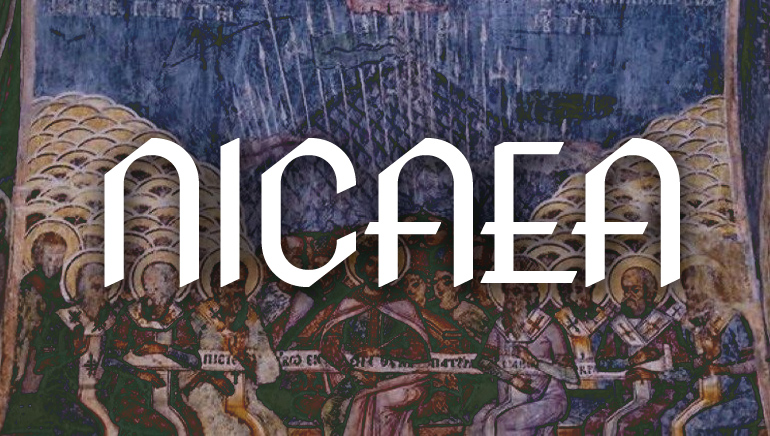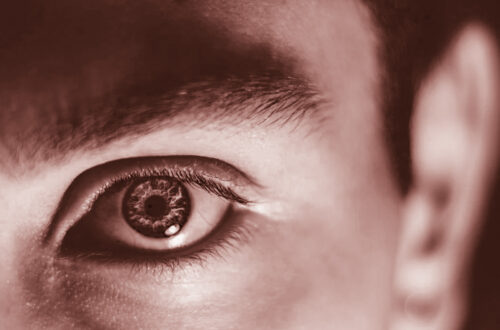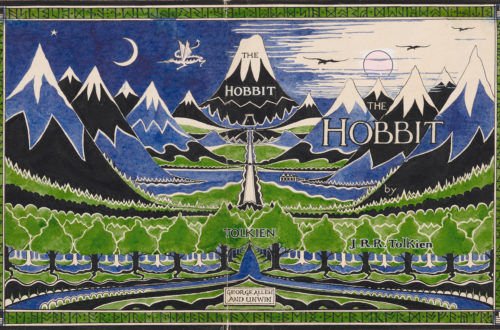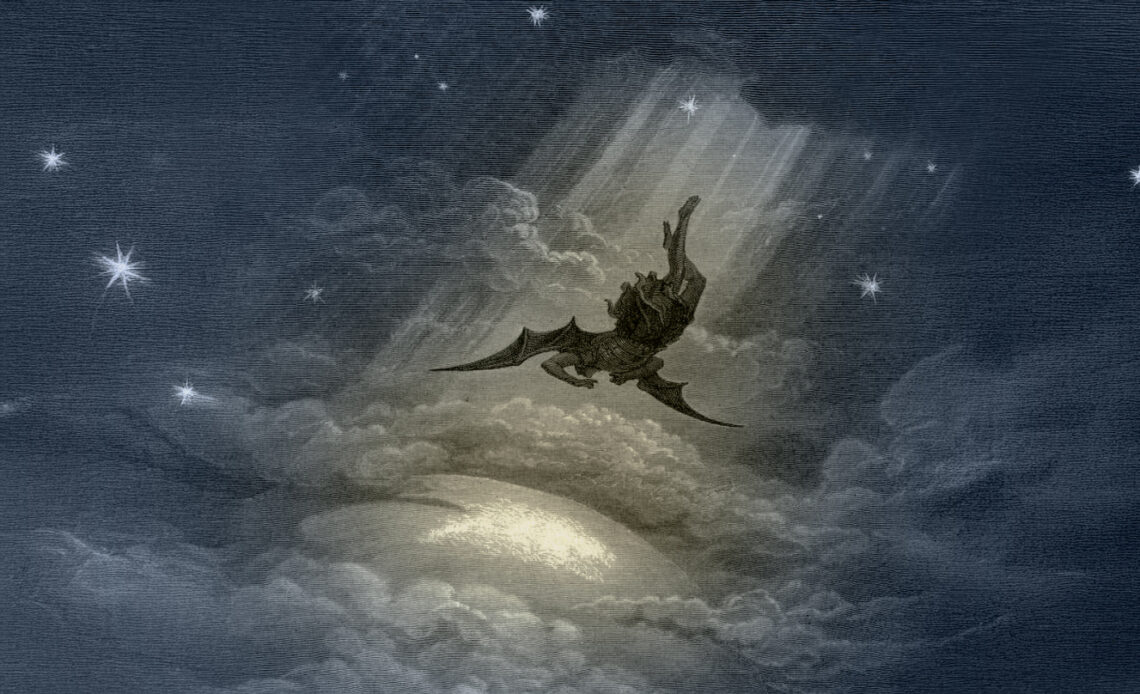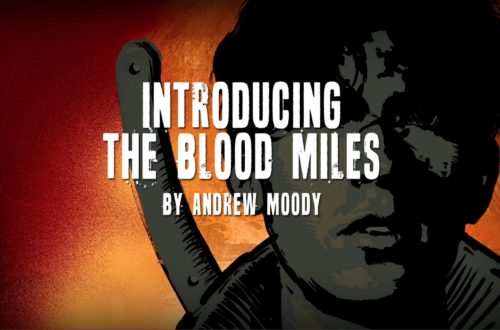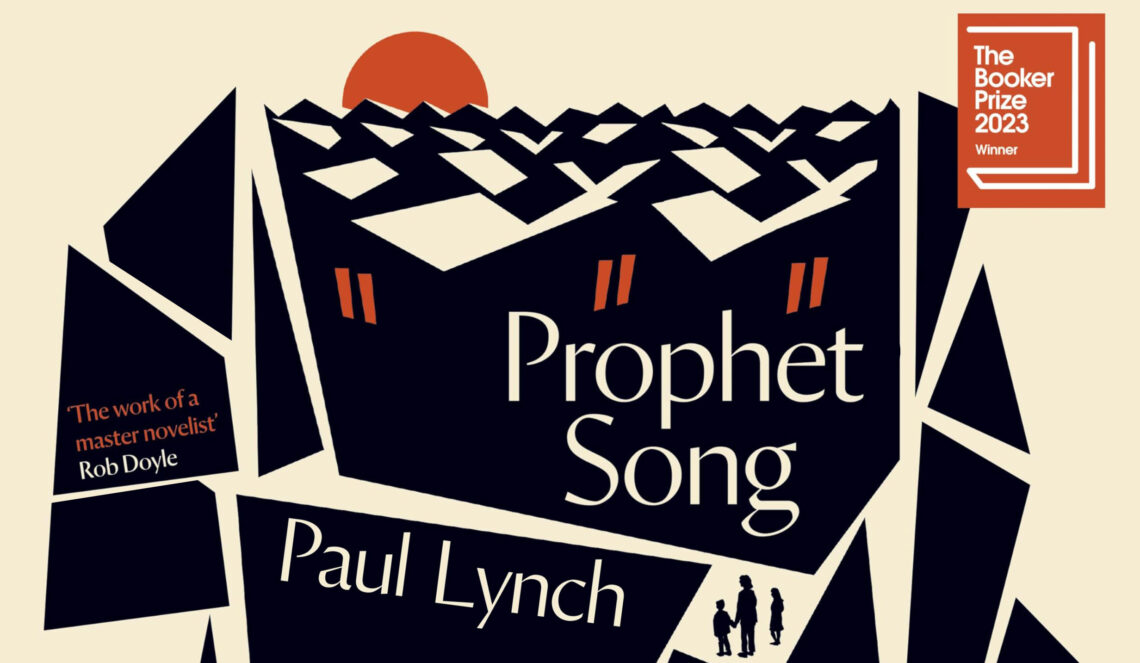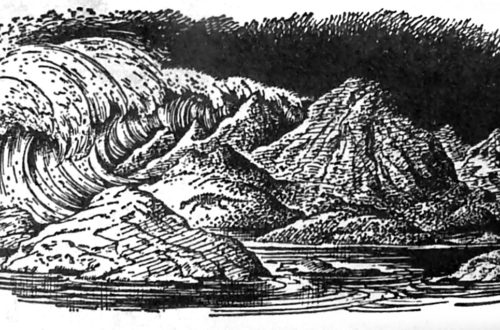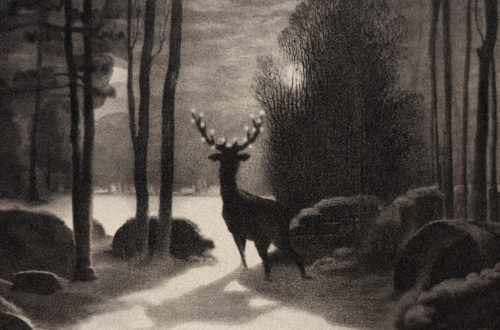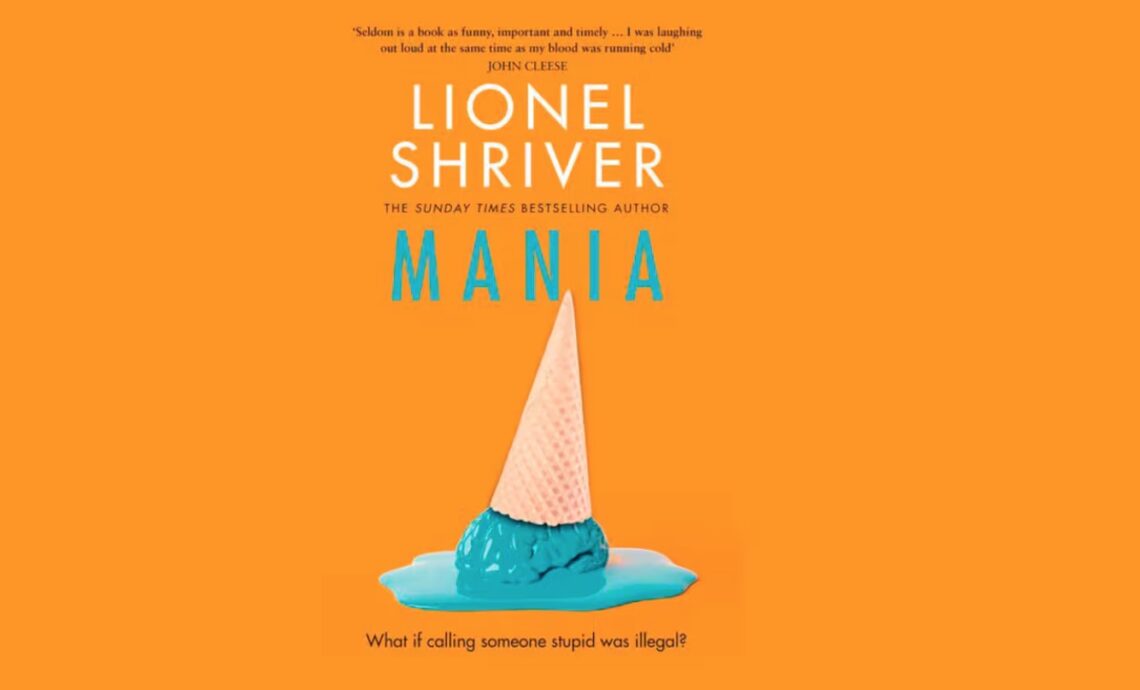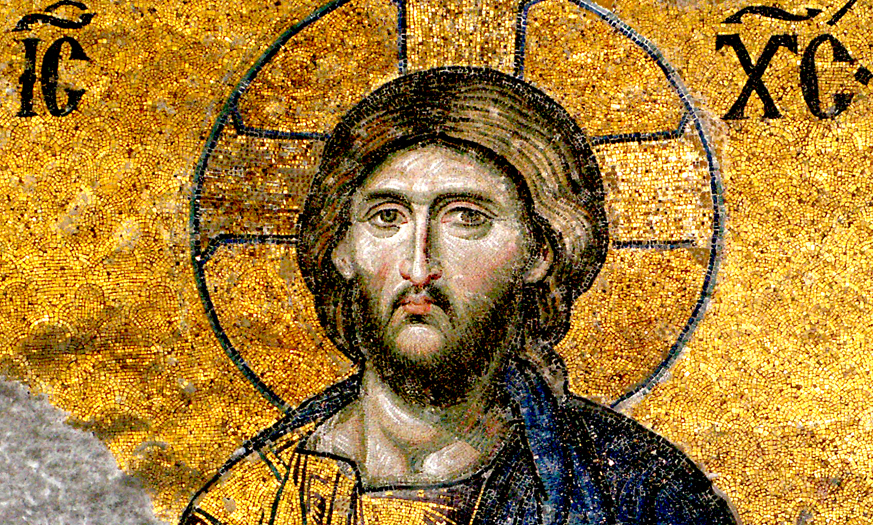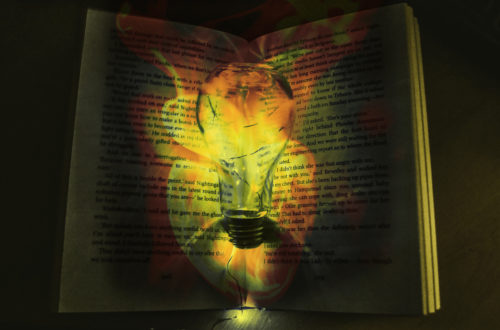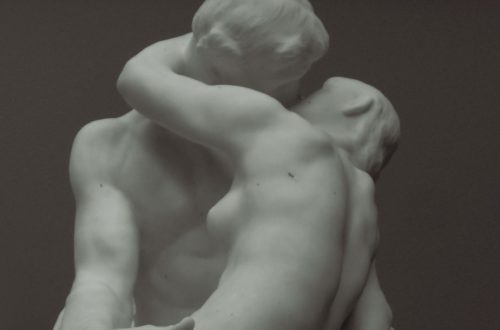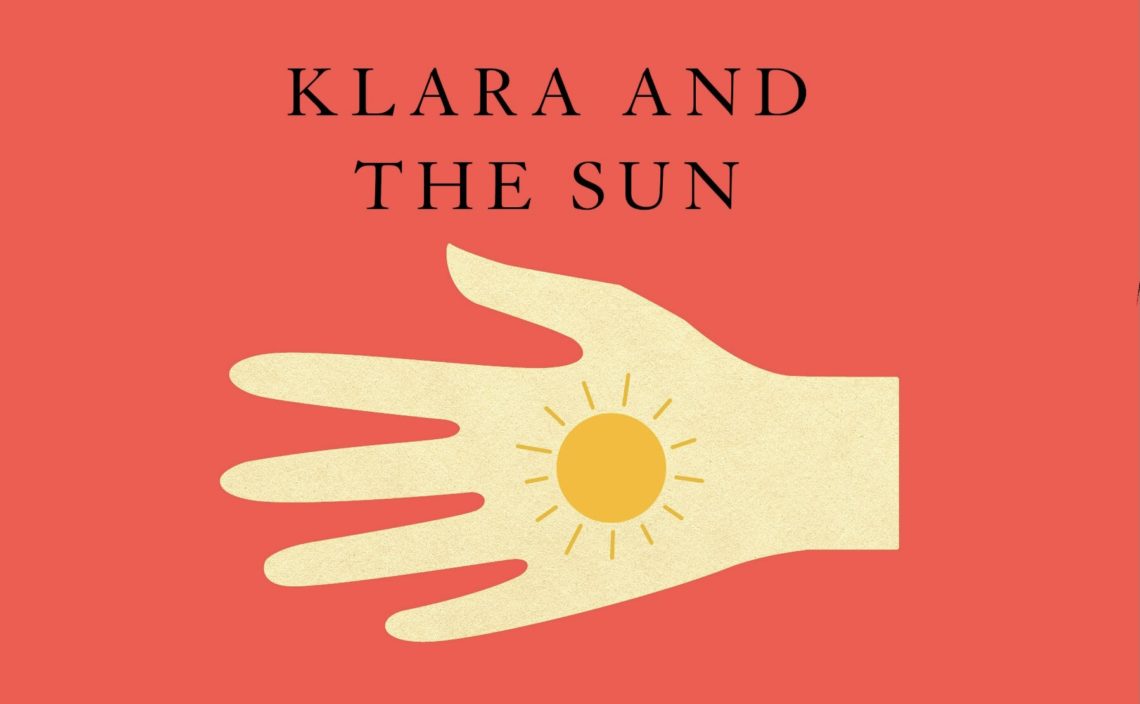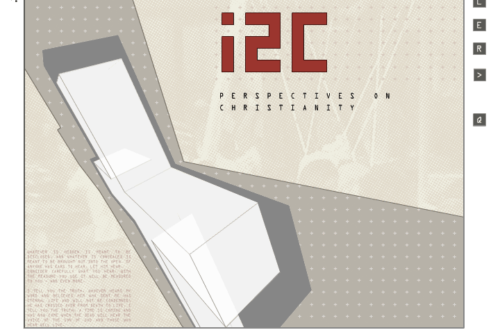-
Learning from the Fathers: Nicaea at 1700
This year (2025) marks the 1,700th anniversary of the Council of Nicaea—the first ecumenical council of Christendom that declared that God the Father and Jesus are homoousios (of one essence or nature). There have already been many recaps and discussions of the Creed and its aftermath, and it has been my privilege to make a couple of more general contributions. But I thought it might be helpful to offer some less-commonly noticed features of the fourth century disputes that might still help us today. 1. It Began with Classical Theology Gone Bad. The Arians were strong believers of the absolute transcendence and simplicity of God. The Arians were strong believers…
-
Considering the Fall of Neil Gaiman
I would read other books, of course, but in my heart I knew that I read them only because there wasn’t an infinite number of Narnia books to read … C.S. Lewis was the first person to make me want to be a writer. (Neil Gaiman, keynote speech, “Mythcon 35”) The celebrated English fantasy author, Neil Gaiman, has been shot out of the sky. In August, a podcast began to detail allegations of sexual abuse made against him by five different women. Last week, New York Magazine published a longer and more horrifically detailed catalogue, partly supported by testimonies from new victims. The new article is convincing and compelling (also…
-
Reading Highlights from 2024
I missed the boat for TGCA’s Year-in-Books series this year (see last year’s picks here). Nevertheless, here are some of the books I enjoyed in 2024. Fiction My two favourite fiction books this year were warning-shots fired from slightly different political trajectories. In Prophet Song, Paul Lynch’s protagonist Eilish Stack—wife, mother and microbiologist—watches in eloquent horror as her native Ireland slouches toward a Pinochet-like tyranny and then civil war. As her personal loses accumulate, Lynch draws us close enough to hear Eilish’s heart break. We feel her dread and see how the ordinary (and extraordinary) concerns of her life make it impossible for her to escape the tragedy. Lynch’s writing…
-
In a Bleak Midsummer
As you, God born of God long ago, Son of the true Father, eternally existed without beginning in the glory of heaven, so your own creation cries with confidence to you now for their needs, that you send that bright sun to us, and come yourself to lighten those who long have lived surrounded by shadows and darkness, here in everlasting night, who, shrouded by sins, have had to endure death’s dark shadow. (“O Oriens” [“O Dayspring”], Anglo-Saxon Advent Antiphon, translated by Eleanor Parker) In the Christmas traditions of Northern Europe, Christ comes in the dead of winter when all the world is dead and frozen under a pall of…
-
Ghost Stories and the Eye of Faith
I like a spooky story. I like (plausible) spooky stories because they disrupt the arrogant certainties of scientific materialism and fit with the ornate cosmos I see revealed in the Bible: a world of angels and demons and spiritual powers and unclean spirits (whatever they are). I like the idea that there is a hidden world that still reveals itself and confounds atheists and materialists—even when that revelation is malign. Encounters with the Other World Over the last year or so, I have been listening on and off to “Otherworld”—a curated podcast that collects first-person accounts of all kinds of weird and wonderful experiences ranging from encounters with cryptids (Bigfoot,…
-
Review: Mania by Lionel Shriver
(Contains spoilers for Lionel Shriver’s novel Mania) Cognitive discrimination has been outlawed in the America of Lionel Shriver’s novel Mania (2024). Nobody is stupid, everyone’s brain is equal; the country is falling apart. Mania opens with Pearson Converse, the story’s protagonist, being summoned to remove her son from school after he used the “D-word” about the slogan on another child’s t-shirt. The Principal is unyielding: “Playground obscenities would be one thing. Slurs are quite another. This is a suspension level offense. Any similar violation in the future could merit expulsion.” Pearson initially complies, and teaches her children to hide what they really think. But she is unable to follow her…
-
On Christ’s Two Wills: Responding to William Lane Craig
A couple of weeks ago the renowned Christian apologist and philosopher, William Lane Craig caused a small flurry on the internet by declaring his rejection of the orthodox doctrine of the two wills of Christ (dyothelitism), and his preference for another Christological aberration known as Apollinarianism. I have a great deal of respect for Dr Craig and often enjoy listening to his discussions and debates. I also think it is possible to make too much of his heresy—especially since I think his pronouncements are (at least partly) the result of a misunderstanding. Yet, because I have done quite a bit of reading and thinking on the topic, I thought I…
-
Considering Barbie (and Marriage and Singleness)
Being human can be very uncomfortable … People make up things like the patriarchy and Barbie to endure how uncomfortable it is. Jen and I saw Barbie over the weekend. We both liked it; were both surprised by it. I thought it was funny and smart and multi-layered to a degree that I still haven’t fathomed. The film’s reframing of sexual politics as an existential problem allows it to address deeper human questions that apply to both men and women. I also found it surprisingly compassionate. It managed to proclaim the let’s-take-down-the-patriarchy part of its message without anger and without, as Jen put it, being preachy. Barbie’s final rejection of…
-
What’s the Point of Christian Fiction?
What’s the point of Christian fiction? Can it do any good? Should it even exist? These are some of the questions I have been mulling over as I have been working on several novels over the last ten (or thirty) years or so. I have found them difficult to answer, but here are some scattered ideas that I have tried to rake into a pile. Should Christian Fiction Even Exist? From one point of view, the whole notion of “Christian fiction” is dubious or offensive From one point of view (often a “literary” point of view), the whole notion of “Christian fiction” is dubious or offensive. Christians should seek to…
-
Review: Klara and the Sun by Kazuo Ishiguro
Minor spoilers for the novel follow. Published in 2021, Kazuo Ishiguro’s Klara and the Sun predates the excitement and consternation generated by the advent of large-language-model AIs. Yet this astonishing novel has some important things to say to us about quasi-intelligent machines, and how our interactions with them might affect us. Klara, the protagonist and narrator is an android—or AF (artificial friend)—built to provide companionship to a human child. As we first meet her in her shop window, waiting to be purchased and looking out on the world, we encounter a mind that is charming and strange. Klara is curious, childlike, innocent and compliant, but she is also highly perceptive…
